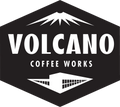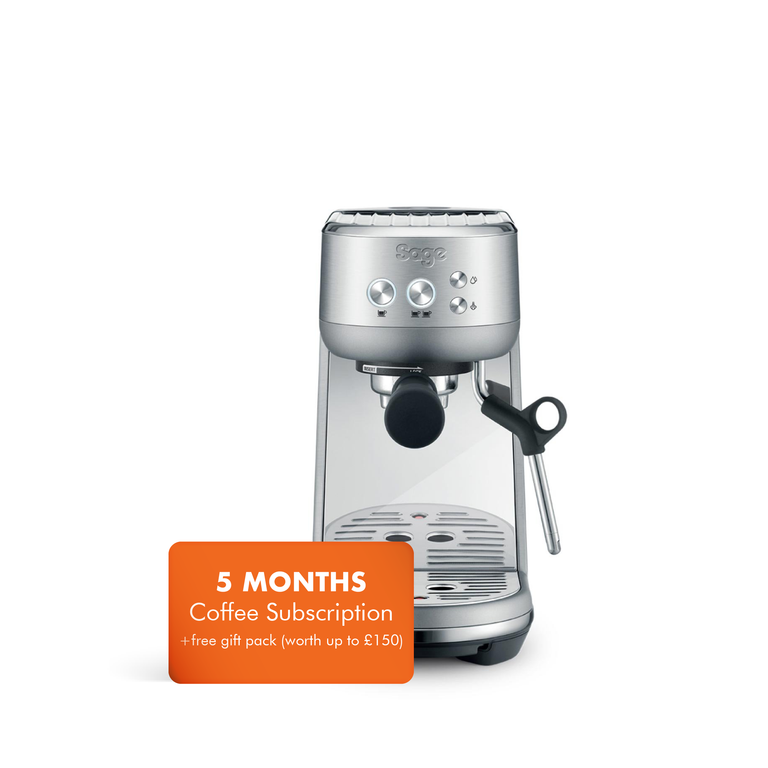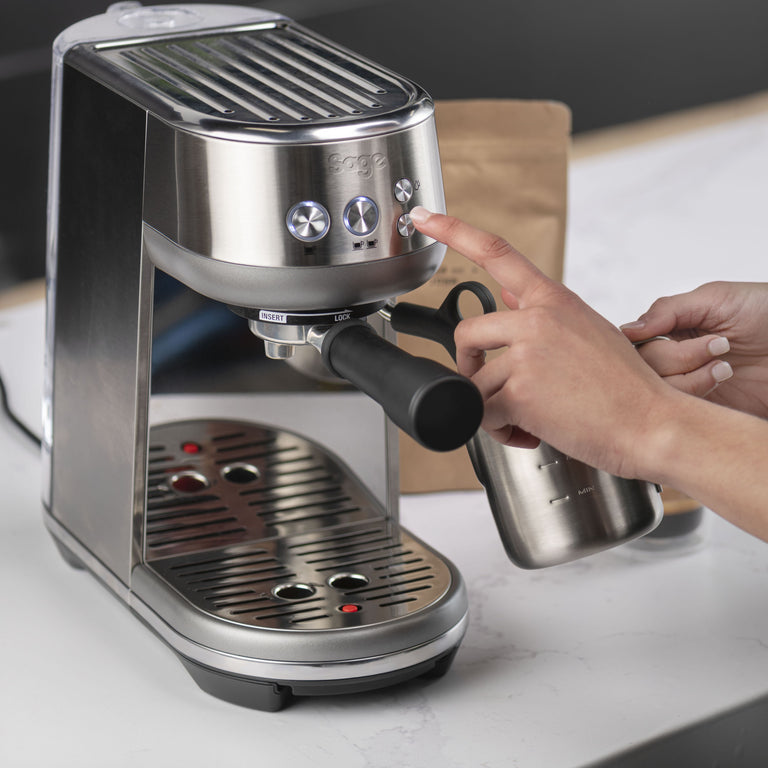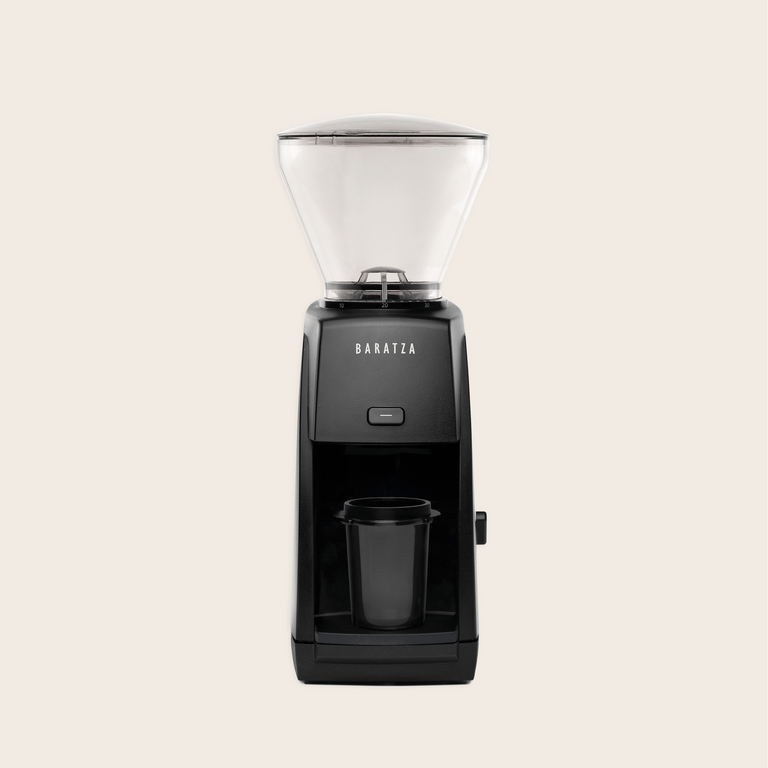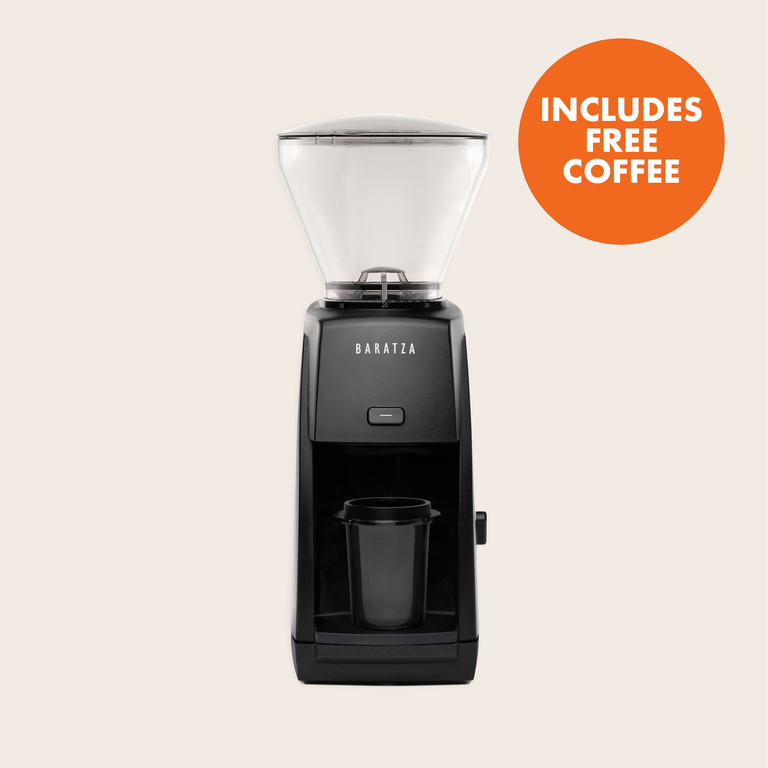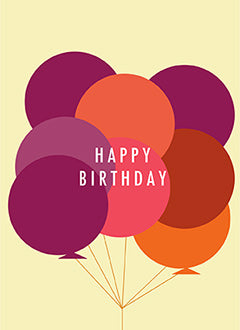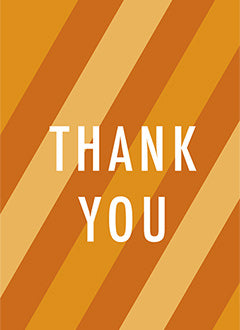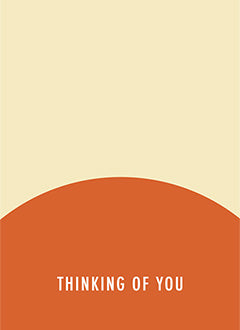New Year, New Coffee
January's Roaster's Choice Coffee Box subscribers will be trying coffee from Peru.
Jaen is both a city and region located in the high jungle in far northern Peru. El Diamante is a sub-region of Jaen but uniquely placed in close proximity to the city which makes it ideal for trading coffee. El Diamante also has ideal growing climates with altitudes ranging from 1700 -1900 masl, multiple sources of fresh water and protected forests that sustain thriving natural environments.
It is here that Elmer farms a variety of different coffees ranging from the familiar to experimental and is joined by his son Elvis who owns his own farms alongside. It’s a family operation where ripe cherries are collected and brought to the family home. Here they have a wet-mill, de-pulper and washing tanks that they share for processing both washed and naturally processed coffees.
Elmer pre-ferments his coffees, in this case for 24 hours, before moving them to controlled drying. This has a tendency to concentrate sugars in the fruit and we find results in a taste profile which is distinctly heavy in fruit yet with pronounced acidity.
For us this comes across as almost boozy cherries, strawberries and blueberries which is punctuated by green apple acidity and rounded off with nuts and caramels. This makes for an extremely interesting cup.

Peru's Coffee History
Peru’s coffee history begins around the mid-18th century when, via neighbour Ecuador, the crop made its way across the border. By the 19th century it was being traded commercially but it wasn’t until the early 20th century that export, and thus awareness, of Peru’s coffee really took off. Peru had defaulted on a loan to the British Government which resulted in Britain seizing over 2 million hectares of land, of which about a quarter was turned to farming including coffee for export to Europe.
As with many Latin American countries early farming was dominated by large landholdings held by the wealthy elite from Europe but there was also plenty of spare land and gradually workers on the farms began to branch out with their own farming ventures.
This trend for smallholder led farming continued throughout most of the 20th century and was bolstered by heavy involvement from the government and military dictatorships. While this hoarded profits and control for central authorities it also supported investment in country-wide cooperative structures that helped production grow.
In the 1980s, however, pending economic crisis faced Peruvian farmers and the rise of the Shining Path, and the rise of a revolutionary Communist party, The Shining Path, led to mass urbanisation as farmers sought the financial security of city life. This catalysed a downturn in production which continued until the emergence of 3rd wave ethical coffee in the late 90s.
Global consumers had begun to demand ethical and environmental certification for their coffee and Peru was well placed to provide. Although hovering around 7th for global coffee production Peru is consistently ranked highest in the world for production of certified Organic coffee. While this favours coffee production which largely overlooks quality based pricing several farmers and importers in recent years have added a high quality focus to their farming. In just the last 2-3 years European specialty roasters have stood up and taken notice and now Peru presents one of the most exciting and untapped origins in the world for sourcing special coffee.
